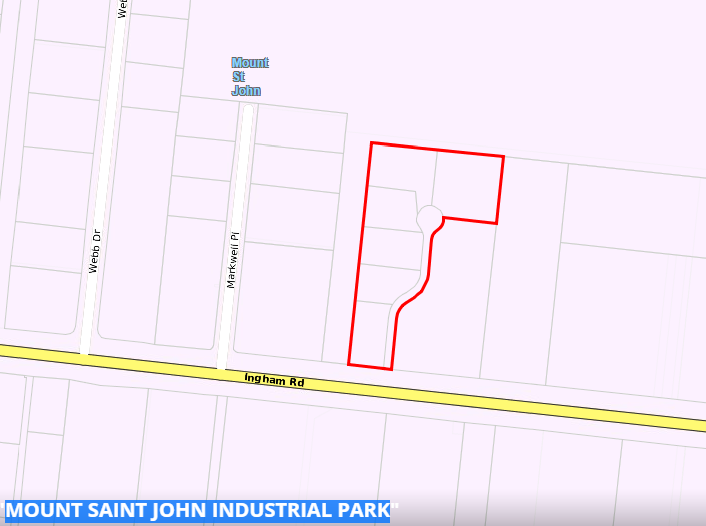Qld Body Corporates breathed a collective sigh of relief when an Appeal overturned a ruling concerning time limitations for commencing proceedings to recover levies and penalties under body corporate legislation i.e. Section 145 of the Body Corporate and Community Management (Standard Module) Regulation 2008.
The body corporate of a small industrial estate in Townsville raised a special contribution on its members in 2009, primarily to fund rectification works to a road on the common property that a neighbouring property also has a right-of-way over. A lot owner disputed that special contribution from the outset and insisted that they would not be paying it. The body corporate commenced recovery proceedings on 8 May 2013 – about three and a half years after the special contribution first fell due.
Much to the surprise of many industry participants, the District Court ruled that a body corporate must start legal proceedings to recover a contribution that has been outstanding for two years and two months; otherwise the body corporate will be barred from taking action outside that period.
The Queensland Court of Appeal overturned the decision on the fact that s145(2) does not specifically preclude bodies corporate from commencing court proceedings outside that period.
The decision confirms that bodies corporate in Queensland have six years under section 10 of the Limitations of Actions Act 1974 (Qld) to bring an action for recovery of unpaid amounts.
In any event, it would seem prudent for body corporate committees and managers to be proactive in recovery of levies within the 2 year and 2 month period. It is now clear that Section 145(2) is designed to impose a duty on a body corporate to recover levies within this period. Failure to do so may expose the body corporate to liability.
Body Corporate for Mount Saint John Industrial Park Community Title Scheme 18632 v Superior Stairs & Joinery Pty Ltd [2018] QCA 173
Disclaimer : This publication is intended only to provide a summary of the subject matter covered. It does not purport to be comprehensive or to render professional advice and neither purports nor is intended, to be advice on any particular matter. No reader should act on the basis of any matter contained in this publication without first obtaining specific professional advice.


